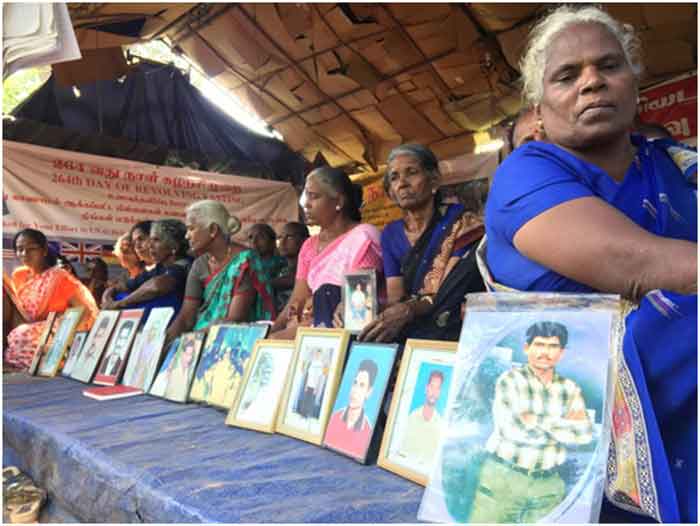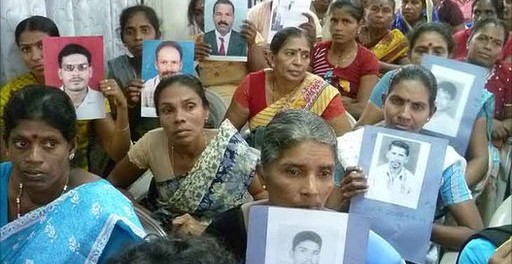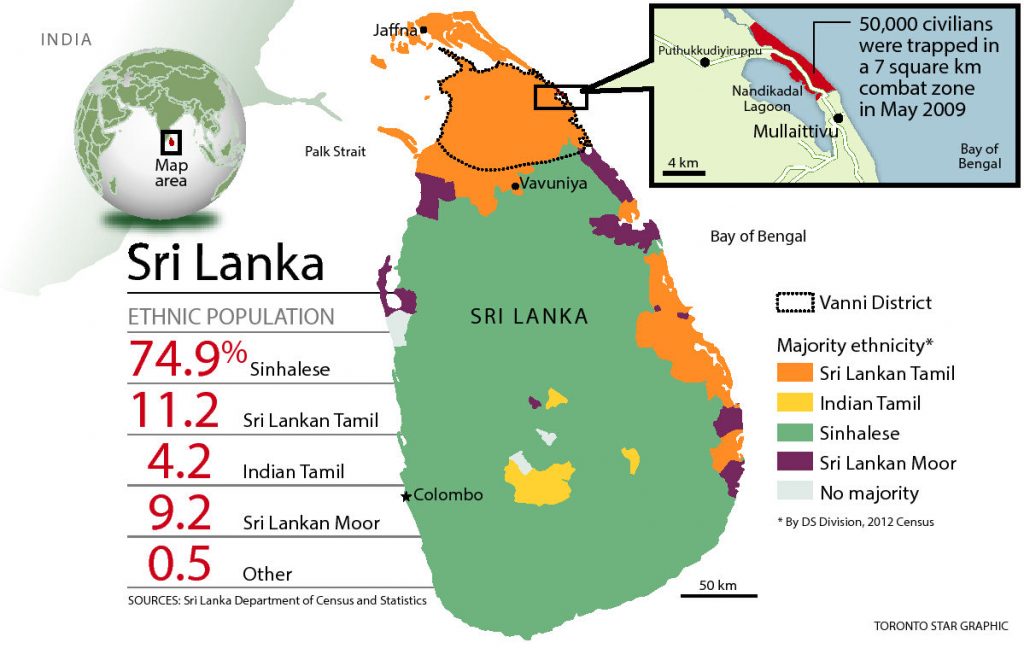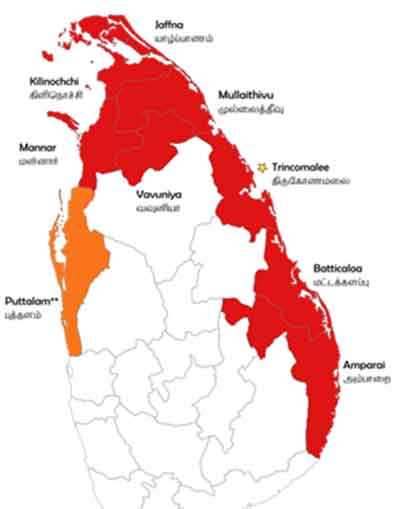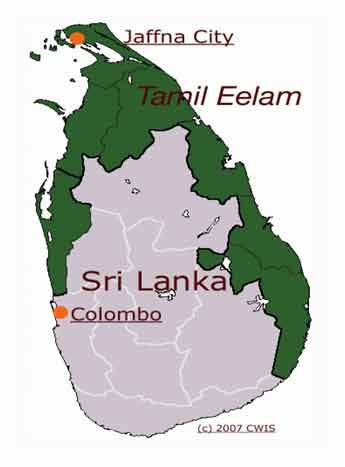
The Indo-Sri Lanka Peace Accord was an accord signed in Colombo on 29 July 1987, between Indian Prime Minister Rajiv Gandhi and Sri Lankan President J. R. Jayewardene. The accord was expected to resolve the Sri Lankan Civil War by enabling the thirteenth Amendment to the Constitution of Sri Lanka and the Provincial Councils Act of 1987.
The Peace Accord concluded suddenly in haste between India and Sri Lanka, without consulting the Tamil representatives at that time and was being implemented with expedition and urgency. There are a lot of flaws and defects in the Agreement.
On 14 July 2006, after a long campaign against the merger, the JVP [racist Sinhalese political party] filed three separate petitions with the Supreme Court of Sri Lanka requesting a separate Provincial Council for the East.On 16 October 2006 the Supreme Court ruled that the proclamations issued by President Jayewardene were null and void and had no legal effect.The North Eastern Province was formally demerged into the Northern and Eastern provinces on 1 January 2007.
It is very sad to note that This Peace Accord Signed by Indian Prime Minister Rajiv Gandhi and Sri Lankan President was ruled by the Sri Lankan Courts as null and void. Tamil in Tamil Eelam and all over the world were shocked to hear about the demerger and were wondering why India being a Superpower kept silent and did not raise this issue with the Sri Lankan Government at that time??
At least the present BJP Government and the Tamil Nadu State Assembly can force the Sri Lankan Government to merge the North and Easern Province as one unit as stipulated in the Indo-Sri Lanka Peace Accord of July 1987 and honor the Accord signed by the Indian Prime Minister.
India being a Superpower in South Asia is also the neighbor of Sri Lanka with only 35 miles separating it from the north of Sri Lanka. Though 7000 years ago both India and Sri Lanka consisted of one landmass until a tsunami or natural catastrophic event broke and divided the contiguity paving way for the Palk Strait between India and Sri Lanka. Before this separation free flow of migration and settlements from south India were normal and usual. Tamils moved back and forth and most of them lived in the coastal parts of Sri Lanka. It is to be noted that the famous five Easwarams of Lord Shiva were built on the coastal side of Sri Lanka before the alleged legendary arrival of Vijaya from South India in B.C 483.
Historically Tamils are recorded as the original inhabitants of Sri Lanka and majority of them choose to live in the North and East of Sri Lanka until Sinhalese were recognized as a race in the 6th century along with the Sinhala language which is a mixture of Pali, Sanskrit and Tamil.
The LTTE Leader V. Prebaharan spoke at a public Meeting at Suthumalai, Manipay that:-
“The Indian Prime Minister Rajiv Gandhi, invited me for a discussion. I spoke to him frankly about our problems. I confided to the Indian Prime Minister that I do not repose the slightest trust in the Sinhala racist state, nor do I believe that the Sinhalese will implement the Agreement. I spoke to him about the issue of security of our people and the guarantees for their safety. The Indian Prime Minister has given me certain pledges. He has offered to guarantee the security of our people. I trust his sincerity. I have faith in his assurances. We trust that the Government of India will not allow the Sinhala racist state to resume genocidal violence against our people. It is because of this trust we have decided to lay down our weapons to the Indian Peace Keeping force.
I need not elaborate here the immense sacrifices we have made for the protection of our people. Our people are fully aware of the nature and character of our deep devotion and commitment to the cause. The weapons that we took up and deployed for your safety and protection, for your liberation, for your emancipation, we now entrust to the Indian government. From the very moment we hand over our weapons we hand over the responsibility of protecting our people to India.
What he said has now come true. Tamils in Canada and Tamils all over the world trust and hope and pray that India will not let down the Eelam Tamils who love India and the people of India and particularly the Tamils in Tamil Nadu who share the same language, religion, heritage, culture, and customs.
Kumarathasan Rasingam – Secretary, Tamil Canadian Elders for Human Rights Org.

